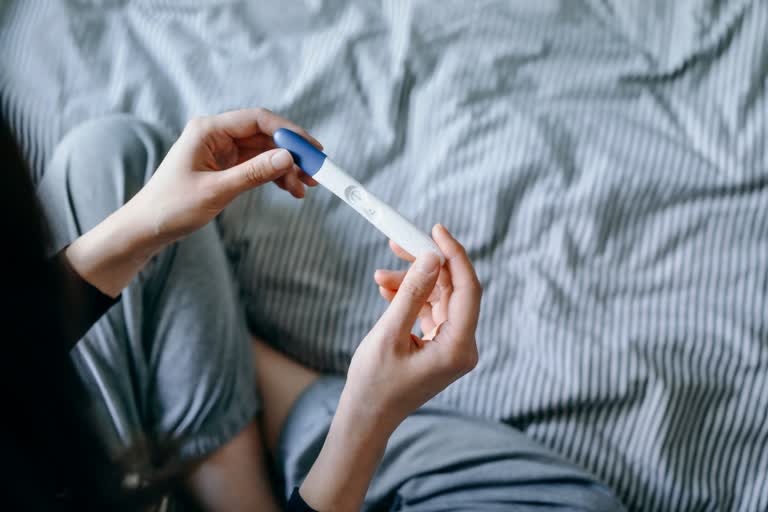A randomized study of 379 women with obesity and unexplained infertility found that intensive lifestyle changes that shed pounds led to no better chances of pregnancy and healthy births than simply increasing physical activity without weight loss. "We have known for decades that obese women often have difficulty getting pregnant," said researcher Daniel J. Haisenleder, PhD, of the University of Virginia School of Medicine's Center for Research in Reproduction. "For this reason, many physicians advise weight loss prior to conception. However, there are few studies that have addressed the issue comparing a healthy lifestyle -- i.e., exercise -- vs. exercise plus weight loss."
The FIT-PLESE study, conducted at nine academic medical centres across the country, divided participants into two groups: Half the women dieted intensely using meal replacements, medications and increased physical activity. The other half simply increased their physical activity without trying to lose weight. After completing the programs, both groups received three rounds of standard infertility treatments.
Women in the weight-loss program ended up losing, on average, 7 percent of their body weight, while participants in the exercise-only group typically maintained their weights. But, in the end, there were no significant differences between the two groups in terms of the frequency of healthy births. In total, 23 of the 188 women who completed the 16-week intensive weight-loss program ended up giving birth; among the 191 who completed the exercise-only program, 29 gave birth.
The intensive dieting program did offer health benefits for the women who completed it, however. In addition to dropping pounds, they saw a major decrease in metabolic syndrome, a cluster of conditions that increase the risk for serious health problems such as diabetes, stroke and heart disease.
Based on their findings, Haisenleder and his collaborators conclude that the weight-loss program did not make women more fertile or improve birth outcomes compared with simply exercising. They noted the health benefits of weight loss may not translate into better odds of getting pregnant. "Weight loss improved metabolic health in these subjects. Unfortunately, the changes seen did not improve fertility," Haisenleder said. "Infertility within this population remains an important health issue, and will require further studies to address the problem in the future."
Dr. Shweta Goswami, Associate Director- Fertility, Cloud Nine Group of Hospitals mentions that says unexplained infertility is majorly a result of any of the following:
- Poor Egg Quality Or Lower Ovarian Reserve
This can be determined by performing AMH or anti-Mullerian hormone test. AMH hormone is a hormone produced by the ovarian follicles and acts as a marker of the egg quantity. It is possible for a woman to be completely healthy, yet have a weaker result in AMH test. Even if the result is normal, the women may have alleviated egg quality. It is quite difficult to determine the same as there are only limited basic tests available. - Dysfunctional Fallopian Tubes
Although tests like sonosalpingography (SSG) and hysterosalpingography (HSG) help to detect any sort of blockage in the fallopian tubes, there is, by far, no such test that can help to determine whether the fallopian tubes are carrying their function normally. It is possible to have functional abnormalities despite having normal HSG and SSG reports. In this case, we do not know if the egg is able to enter the tube or not. This is something that an ultrasound or any other imaging modality might not be able to access. - Sperm Defects
Though other sperm parameters like sperm quality, quantity and motility may be normal, the sperm may not be able to fertilize the egg well or there may be sperm DNA damage which is preventing normal fertilization. Here, we are not looking at poor sperm quality but rather poor fertilization.
(With inputs from ANI)
Also Read:Can Yoga Help With Fertility Issues?
